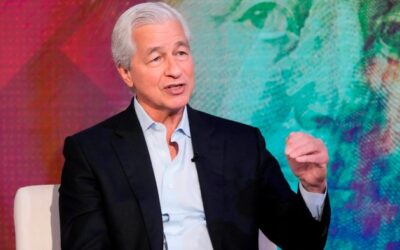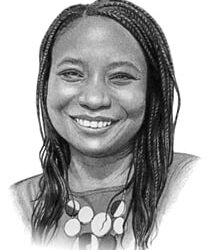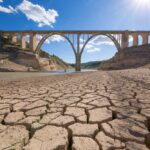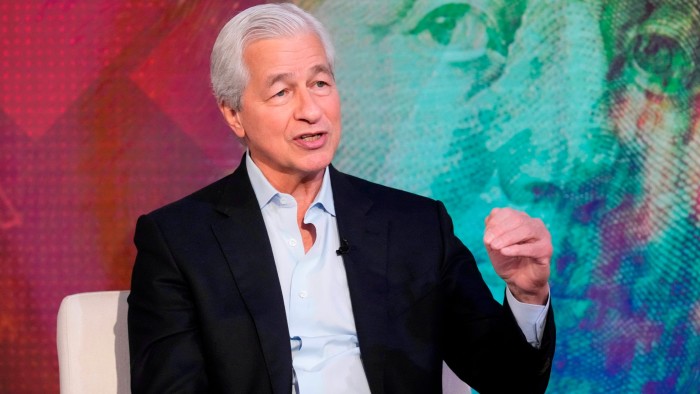Why Turkey’s democratic future matters for the world
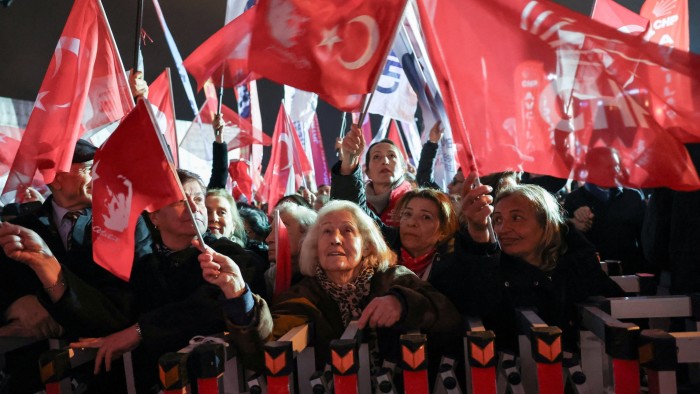
Unlock the Editor’s Digest for free
Roula Khalaf, Editor of the FT, selects her favourite stories in this weekly newsletter.
The writer is mayor of Istanbul. He writes from Silivri prison
Straddling Europe and Asia and anchoring both the Black Sea and the Eastern Mediterranean, Turkey sits at a crossroads of continents, cultures and conflict zones. To the north, Russia’s war in Ukraine. To the south, the Middle East. Through it all, Turkey remains a key player in global trade, security and diplomacy. Our direction matters — not just to us, but to the stability of the international order.
Since the fall of the Ottoman Empire, Turkey’s path offered a compelling model: a Muslim-majority, secular, democratic republic navigating modernity. But under Recep Tayyip Erdoğan’s 22-year rule, that model has unravelled. Democratic institutions have eroded, dissent has been criminalised, and the judiciary has been weaponised. This democratic decay has deepened the economic crisis and spread public despair.
Since becoming mayor of Istanbul in 2019, I have sought an alternative. In contrast to Erdoğan’s authoritarian populism — long on promises, short on delivery — we introduced what I call developmental people-ism: a civic model grounded in human dignity, practical solutions and public trust. This vision was affirmed in 2024 when I was elected mayor of Istanbul’s 16 million residents for the third time. Our victory was part of a sweeping national success for the Republican People’s party (CHP). The message was clear: the people of Turkey are ready for change.
As public support surged, I declared my candidacy for president. But rather than respecting this momentum, the government escalated its crackdown. They flooded our administration with investigations and threats to hamper the municipal services. My university diploma — issued over three decades ago and required for presidential office — was arbitrarily revoked. Then, on March 19, four days before my candidacy was to be formally endorsed, hundreds of police surrounded my home. I was detained on baseless charges of corruption and aiding terrorism along with over 100 others, including my closest advisers and municipal colleagues.
I am writing these words from a cell in Silivri Prison, where many other elected officials, academics, journalists and activists are also held. I have been imprisoned on the basis of vague hearsay from a handful of so-called “confidential witnesses”. There is no conviction against me. I am a political prisoner.
Placing me behind bars is not a victory for Erdoğan. On the contrary, it has triggered an awakening. Students were the first to take to the streets. Hundreds of thousands joined — organising grassroots rallies and launching boycotts against media and businesses tied to Erdoğan’s patronage networks. Over 15 million citizens participated in CHP’s open primaries to nominate me as their presidential candidate. This is a collective stand for our democratic future.
The government’s attempt to sideline me created a manufactured crisis that forced the central bank to burn through reserves to prop up the Turkish lira. What had been billed as a return to “rational” economic policy after the near-collapse of 2023 was quickly abandoned for political survival.
Turkey’s stability has never mattered only to its own citizens. As Nato’s second largest army, a signatory of the Council of Europe, and a long-standing candidate for EU membership, our political orientation is central to the security of Europe, the transatlantic alliance and the broader Middle East and Caucasus region. The war in Ukraine has shown how urgently strategic co-ordination is needed across this geopolitical arc. Developments in Syria and the ongoing tragedy in Gaza demonstrate how quickly instability can spill across borders.
In each of these theatres, a democratic, secular Turkey is not merely helpful — it is essential. As the EU strives to fortify itself against growing challenges, the presence of a democratic Turkey is indispensable. A regime that silences its youth, crushes dissent and governs by fear will only deepen regional volatility.
As global supply chains reconfigure, our geography and industrial base make us a natural partner. But that potential can only be realised if the country is governed by credible, transparent and rules-based economic policies. Otherwise, investor confidence disappears and capital flows elsewhere.
For more than two centuries, the Turkish people have fought for constitutionalism, civic representation and justice — disproving the myth that authoritarianism is Turkey’s natural condition. Democratic solidarity around the world is now essential to building our shared future. The global wave of democratic backsliding may have begun in Turkey. I believe the pushback will begin here, too.
